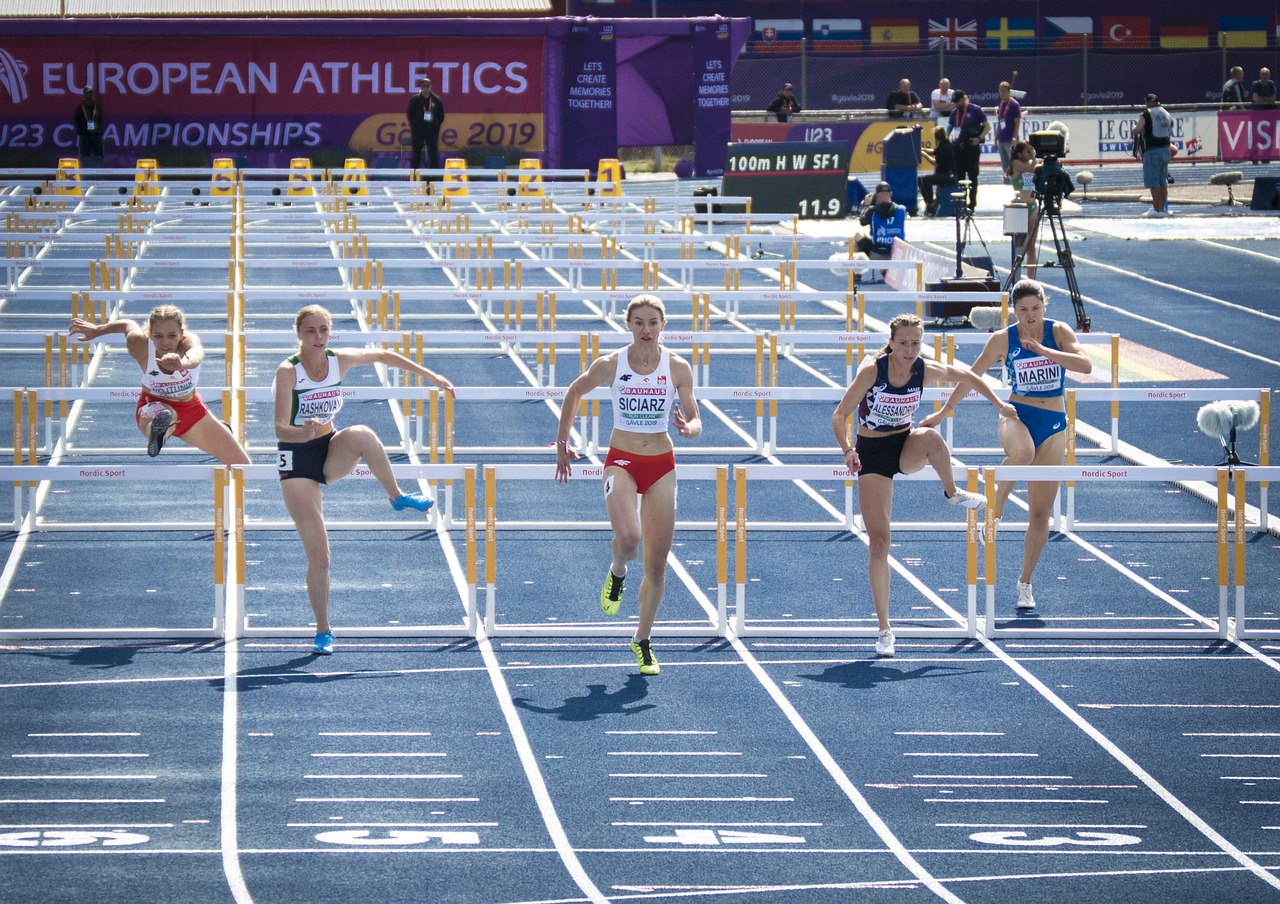How do athletes use their platform for social and environmental advocacy?

Athletes are creatures of change and adaptation. Their careers are built on challenging the status quo and pushing the boundaries of their physical capabilities to achieve greatness. But, athletes are not just champions in the sporting arenas. Many of them use their fame and influence to drive significant change, not just in sports but in various pressing issues in society. This article will delve into the role of athletes as advocates for social and environmental causes. It will highlight how they inspire people to make sustainable choices and become catalysts for environmental conservation.
Athletes as Social Advocates
In the world of sports, athletes are not just players who participate in various sports competitions but also influencers who have the power to shape public opinion. They have a unique platform, thanks to their fame and the public’s admiration for their talents. Many athletes take advantage of this platform to shed light on social issues that are dear to their heart.
A lire également : The impact of sports on the preservation of indigenous languages.
A recent example is that of Naomi Osaka, the Japanese Tennis star. Osaka has been an outspoken advocate for racial equality and social justice. She has used her platform to voice the concerns of marginalized communities and to inspire her fans and followers to stand against racial discrimination.
Athletes’ influence extends beyond their sports. They have a rapport with the public, a connection that can be used to raise awareness on various social issues. An athlete’s voice can be influential, reaching audiences that politicians, civic leaders, and social activists cannot.
Cela peut vous intéresser : The psychology of sports-related nostalgia and its impact on fan loyalty.
Athletes like Osaka have understood the power of their platform. They know that their words can drive action and inspire change. By lending their voices to the issues they care about, they initiate a dialogue, opening up new perspectives and encouraging their fans to think critically about societal issues.
The Role of Athletes in Climate Advocacy
Climate change is undoubtedly the most pressing global issue today. It is a subject that affects everyone, regardless of their profession, nationality, or social status. Athletes are no exception. Recognizing the impact of climate change on their careers and the sports they love, many athletes have stepped up to become advocates for environmental sustainability.
Athletes like Lewis Hamilton, the champion Formula 1 driver, have taken a lead in advocating for environmental conservation. Hamilton’s public push for a plant-based diet and his vocal criticism of the fashion industry’s environmental impact are examples of how athletes can use their platform for environmental advocacy.
Climate change poses a significant threat to many sports. Rising temperatures, changing precipitation patterns, and extreme weather events could alter the conditions in which many sports are played. Athletes who recognize these threats have a vested interest in advocating for policies and practices that mitigate climate change.
Sustainable Sports and Athlete Activism
In line with their advocacy for the environment, athletes also play a key role in promoting sustainable practices within the sports industry. From encouraging their teams to adopt environmentally friendly operations to participating in initiatives that highlight the importance of sustainability in sports, athletes are at the forefront of the drive for sustainable sports.
An excellent example of this is the initiative by members of the National Football League (NFL) in the United States to reduce their carbon footprint. Several NFL players have embraced renewable energy, driving electric vehicles, and promoting recycling within their teams.
In addition to advocating for sustainable practices within their sports, athletes also use their platform to inspire their fans to adopt sustainable lifestyles. By highlighting their personal commitment to sustainability and sharing their journey towards a more sustainable lifestyle, athletes can influence their fans to consider their environmental impact and make more sustainable choices.
Athletes as Leaders in the Public Sphere
The role of athletes as advocates for social and environmental causes reflects a shift in how the public perceives athletes. More than sports professionals, athletes are now seen as leaders in the public sphere, influencers who can shape public opinion and drive societal change.
This shift is due in part to the rise of social media, which has allowed athletes to connect directly with their fans, sharing their thoughts, experiences, and opinions on a variety of issues. Social media platforms like Twitter, Instagram, and Facebook provide athletes with a space to voice their concerns, engage with their fans, and advocate for the causes they care about.
The public’s response to athletes’ advocacy efforts indicates a growing recognition of athletes’ role in society. As they continue to use their platform to inspire change, athletes are inspiring a new generation of fans to become socially conscious and environmentally conscious citizens.
Athletes’ Influence on Policy and Legislation
Athletes have a unique opportunity to influence policy and legislation for the betterment of society and the environment. Their global platform can drive meaningful social and political changes by advocating for new laws or amendments to existing ones that address social justice and environmental sustainability.
Consider the efforts of athletes like LeBron James, who established More Than A Vote, a platform to fight against voter suppression in Black communities in the United States. His initiative resulted in the increase of voter turnouts in the 2020 Presidential Elections. This is a profound example of how athletes can use their platform to influence political issues and enact social change.
Also, in the realm of environmental policy, athletes have been instrumental in pushing for legislation to combat climate change. Surfer Greg Long, for instance, actively advocates for ocean conservation. Through his involvement with Parley for the Oceans, he educates people about the harms of plastic pollution and supports policy changes aimed at reducing plastic waste.
Athletes’ activism can also drive change within the sports industry itself. They can push for sports management to adopt more sustainable practices. For instance, they can advocate for the use of renewable energy sources in stadiums, reduction in the sports industry’s carbon footprint, and investment in innovative, eco-friendly technologies. This not only makes the sports industry more sustainable but also sets a powerful example for other industries.
The Future of Athlete Advocacy
The trend of athlete activism is likely to grow in the future. With the increasing awareness and concern about social issues and climate change, more athletes are expected to use their platform for advocacy. Furthermore, the recognition of athletes as role models makes their messages even more impactful.
Take Naomi Osaka, whose commitment to social justice is inspiring a whole generation of young tennis fans. Through her advocacy, she’s encouraging her fans to become more knowledgeable about social issues and become involved in social change. This influence can be transformative, leading to a generation of socially conscious, active citizens.
As climate action becomes more urgent, athletes’ involvement in environmental advocacy will also be critical. Their platform enables them to break down complex climate issues into more understandable narratives. They can urge their fans to take simple steps towards reducing their carbon footprint or raising awareness about the importance of biodiversity.
In conclusion, the role of athletes extends far beyond the sports field. They are influential figures who can drive significant social and environmental change. Their advocacy for social justice and environmental sustainability, and their influence on policy and legislation, makes them key players in shaping a better future. Through their efforts, athletes are redefining what it means to be a role model, proving that one’s voice and influence can be used for much more than personal gain. They are demonstrating that with fame comes responsibility – the responsibility to use one’s platform to advocate for change, to inspire others, and to contribute to making the world a better place.
